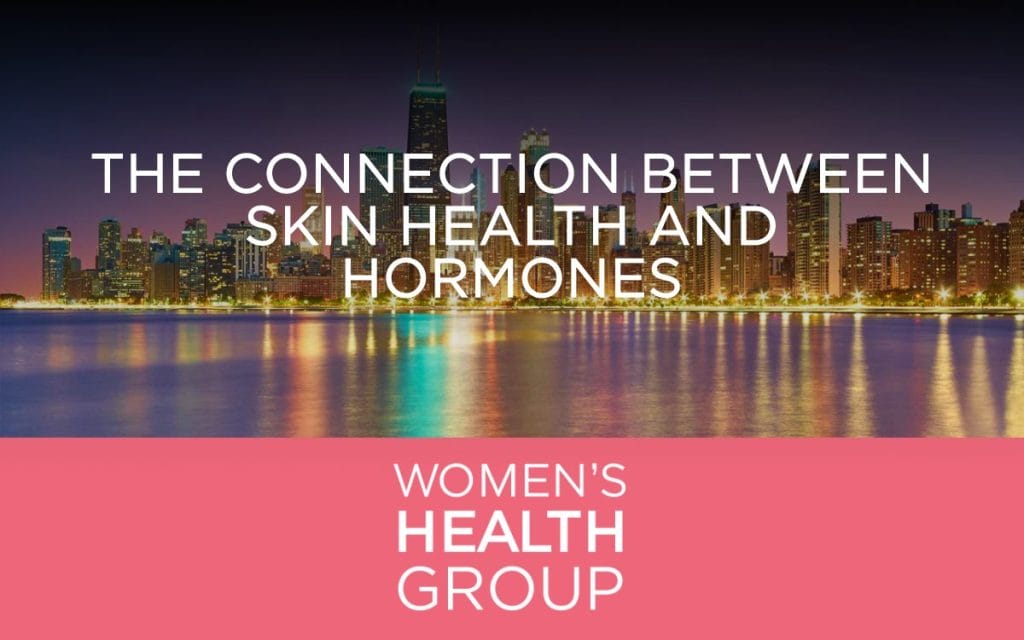Understanding the Skin-Hormone Dynamics
Our skin is more than just a protective barrier. It is a dynamic organ, responsive and adaptive, with its health significantly influenced by several factors. An imperative element that has substantial bearing on our skin’s health, appearance, and texture are hormones. They delicately maneuver the intricate processes under our skin’s surface that contribute to its feel and glow. Understanding the bond between these hormones and skin health is crucial for maintaining optimum skin condition.
The Hormonal Influence on Skin Health
Hormones, the body’s world-class communication system, significantly shape the physiological landscape of our body. They are biochemical molecules that control and coordinate activities like growth, metabolism, and fertility. The dynamic and complex role of hormones expands to skin health management. Different hormones interplay with the skin, affecting its condition in distinct ways.
There are several hormones at play when it comes to our skin health. Estrogen, progesterone, testosterone, cortisol, and insulin significantly influence skin condition. They regulate a variety of skin functions such as sebum production, skin thickness, collagen production, and wound healing.
Estrogen and Skin Health
Female hormones including estrogen and progesterone play a vital role in skin health. Estrogen not only stimulates skin thickness and suppleness by bolstering collagen content, but it also improves skin moisture by increasing acid mucopolysaccharides and hyaluronic acid. When estrogen levels descend during menopause, the skin may become dry, less elastic, and prone to fine lines and wrinkles. According to Mayo Clinic, Hormone Replacement Therapy (HRT) can potentially slow down these changes.
Progesterone and Skin Health
Progesterone, another primary female hormone, also affects skin health. It encourages elastin production and helps maintain moisture levels, promoting a plump, youthful appearance. However, fluctuations in progesterone levels can cause acne and dermatitis, leading to skin inflammation and breakouts.
Testosterone and Skin Health
Testosterone, primarily considered a masculinising hormone, is also present in women in lesser amounts. It stimulates sebaceous glands to produce sebum, an oil that helps keep skin lubricated. However, excessive sebum production, often attributed to high testosterone levels, can clog pores, resulting in acne.
The Stress Hormone: Cortisol
Cortisol, a stress-induced hormone, can wreak havoc on the skin’s health when in abundant circulation. High levels of cortisol can lead to inflammation, slow down the skin’s regeneration process, and exacerbate conditions like acne, eczema, and rosacea.
Insulin and Skin Health
The hormone insulin, controlling glucose levels, can also influence skin health. Inconsistent insulin levels can lead to skin problems. High insulin levels often result in dark patches on the skin, a condition known as acanthosis nigricans.
Optimizing Hormonal Health for Skin Wellness
Clearly, maintaining hormonal equilibrium is crucial for optimal skin health. This can be achieved by adopting a balanced diet, regular exercise, good sleep hygiene, and effective stress management. Regular skin care routines also play a significant role in skin health management. Using skin care products suited for your skin type and concern, based on the hormonal changes encountered at different life stages, can effectively manage hormonal skin issues.
A Professional Approach to Skin Health
While a healthy lifestyle can do wonders for hormonal balance and skin health, persistent or severe skin issues need professional intervention. Enlisting the help of health professionals to understand individual hormonal health can yield great benefits for our skin. Obstetrician-Gynecologists play a significant role here, as they understand the hormonal fluctuations women experience over their lifetime.
According to the Women’s Health Group, medical guidance complements self-care practices, facilitating comprehensive skin care that addresses underlying hormonal imbalances. Regular health check-ups help to diagnose potential hormonal irregularities and implement appropriate treatment modalities, helping maintain radiant, healthy skin in the long run.
Nurturing Your Skin’s Health
In conclusion, there is a profound connection between hormones and skin health. This intricate relationship underscores the importance of holistic health management with harmonized hormones as a significant contributor to radiant, resilient skin.
Understanding these hormonal influences on the skin and adopting a comprehensive approach to skin health, with mindful self-care and professional guidance, can help manage and overcome many skin conditions. Our skin is not just a mirror of beauty, but also a reflection of our internal health. With the correct knowledge and effective practices, we can regulate this delicate hormonal dance to our skin’s advantage. Remarkable skin is not just in our genes, but can be cultivated with a little understanding and a lot of care. Healthy skin is a lifelong journey, not a destination. Like any other journey, the route to healthy skin also demands persistence, patience, and passion. Nurture your skin, appreciate the evolution, and celebrate your unique glow.




